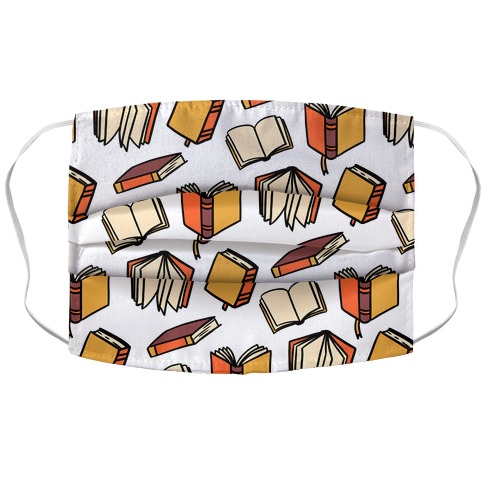 A new scientific report is in, affirming what most teachers can probably already tell you: Print is vital for effective education.
A new scientific report is in, affirming what most teachers can probably already tell you: Print is vital for effective education.
“The argument that reading on paper results in deeper comprehension and retention, concentration, vocabulary building and memory has been given immense weight by a groundbreaking new study,” notes this article from Two Sides NA.
“The research examined the results of 54 studies with a total of over 170,000 participants from 19 countries,” the article continues, “and found overwhelming evidence that comprehension of text is much stronger when reading from paper as opposed to a screen, particularly when the reader is under time pressure.”
We’ve shared previous research on this topic — studies have shown that reading on paper is better for comprehension and overall learning — but there was a new twist to this study, named E-READ. The four-year study aimed to discover if students learning from digital devices progressed as rapidly as those learning by reading on paper. The results are clear.
“Students learning from digital devices only progressed one third as much as they would have done had they been reading on paper,” the article notes.
The results are particularly timely now, with so many children learning almost exclusively on digital devices during pandemic-related school shutdowns. Many educators and parents have expressed their concerns over the electronic-only nature of learning in 2020, and wondering why textbooks and print materials have been largely left out of the equation.
“It’s not new, and it won’t disrupt education as we know it, but in a time of upheaval, steep learning curves, and decision fatigue, there’s a lot to be said for the familiar,” said parent and educator Joanne Petrone, who penned a great article in praise of textbooks. “As districts invest millions in distributing Chromebooks and helping families secure internet access—a necessity for keeping kids connected to their teachers and to school—they should also make plans to invest in and distribute another essential learning tool: the textbook.”
This new report may provide some backup to this common-sense approach, although I have to wonder if 2020 will go down as “the lost year” in our American educational system. I dearly hope not … and I hope that as schools begin to grapple with reopening or continued delays, they look to add more print to their toolbox. Imagine the relief a child would feel completing more of their assignments in a workbook, curled up on the couch, instead of restlessly completing their work on screen.
I’m not an educator … but I am a parent. We have a nation full of kids who are thoroughly burned out and frustrated by the challenges of remote learning. Let’s work at getting some low-tech and highly familiar learning materials into those young hands, and see how much better they do.
